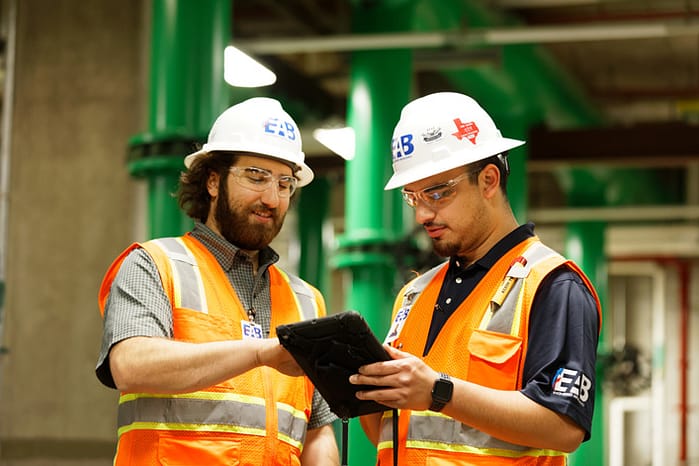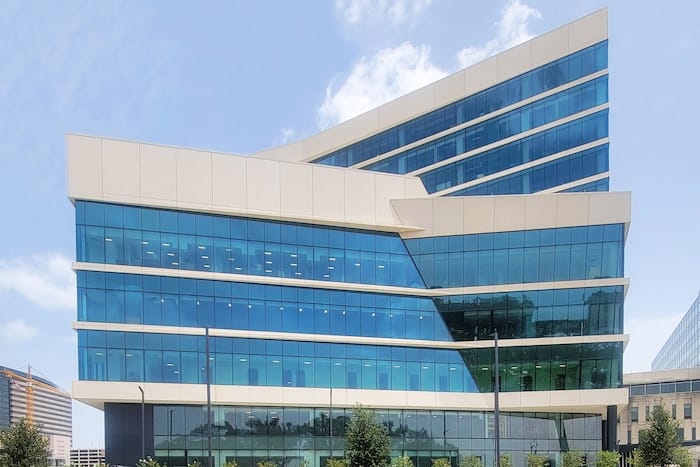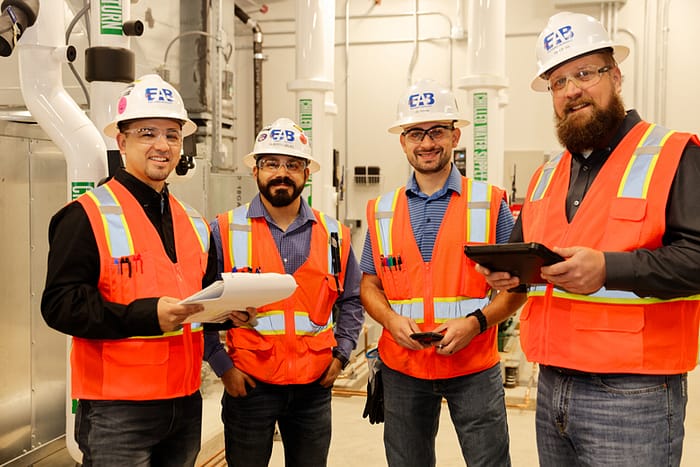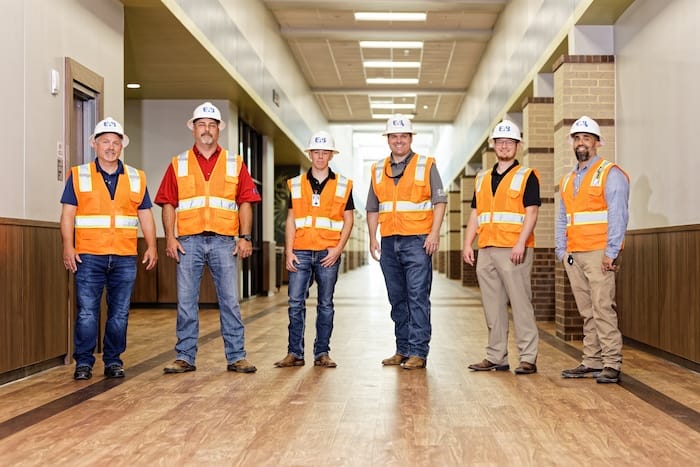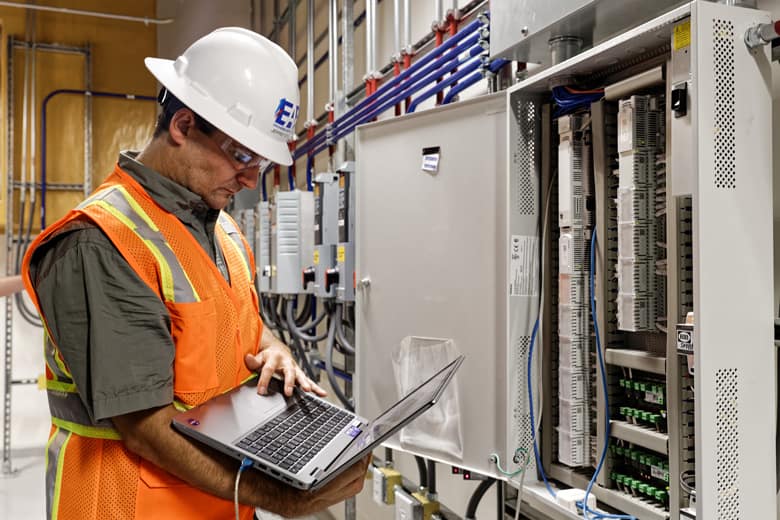
Medical facilities are among the most complex and demanding environments to manage. With life-critical operations relying on advanced systems, ensuring these systems function seamlessly is essential for patient care, staff efficiency, and regulatory compliance. Healthcare commissioning plays a pivotal role in achieving these goals, ensuring facilities operate efficiently and meet strict performance standards. This article explores the critical aspects of healthcare commissioning, its benefits for medical facilities, and how a successful example, Baylor St. Luke’s Medical Center O’Quinn Medical Tower, highlights its importance.
What is Healthcare Commissioning?
Healthcare commissioning is a systematic process of verifying and optimizing the performance of a facility’s systems, such as HVAC, plumbing, and electrical, to ensure they meet design and operational requirements. It involves rigorous testing, validation, and documentation of systems to ensure they function as intended and support the complex needs of healthcare environments.
The commissioning process typically includes the following steps:
- Design Review: Evaluating design documents to ensure they align with the facility’s operational goals and regulatory requirements.
- Construction Oversight: Inspecting the installation of critical systems during construction to identify and address potential issues early.
- System Verification: Testing individual systems to confirm they meet performance specifications and regulatory standards.
- Functional Testing: Simulating real-world operating conditions to ensure systems function correctly under various scenarios.
- Post-Occupancy Support: Reviewing performance data after the facility is operational to verify continued efficiency and reliability.
Why is Healthcare Commissioning Essential?
- Ensuring Patient Comfort and Safety – The primary goal of any medical facility is to provide a safe and comfortable environment for patients and staff. Systems like HVAC, plumbing, and electrical are crucial in maintaining controlled temperature, humidity, and airflow, particularly in sensitive areas such as operating rooms and isolation wards. Commissioning ensures these systems perform reliably, reducing risks associated with system failures or environmental inconsistencies.
- Regulatory Compliance – Healthcare facilities must adhere to stringent regulations and standards, such as those set by the Joint Commission, OSHA, and ASHRAE. Commissioning helps ensure that all systems meet these requirements, minimizing the risk of non-compliance, which can lead to fines, operational delays, or compromised patient care.
- Energy Efficiency – Hospitals and medical centers are some of the largest energy consumers among commercial buildings. Poorly optimized systems can waste energy, driving up operational costs and contributing to environmental concerns. Healthcare commissioning identifies inefficiencies and ensures systems are calibrated to operate at peak efficiency, reducing energy consumption and costs.
- Seamless System Integration – Modern medical facilities often combine new and legacy systems, which must work harmoniously to ensure uninterrupted operations. Commissioning facilitates the seamless integration of these systems, minimizing downtime and ensuring a smooth transition during upgrades or expansions.
- Long-Term Operational Success – Healthcare commissioning supports the long-term functionality of a facility. By addressing potential issues during the design and construction phases, commissioning reduces the likelihood of costly repairs and system failures, ensuring consistent performance over time.
Case Study: Baylor St. Luke’s Medical Center O’Quinn Medical Tower
The Baylor St. Luke’s Medical Center O’Quinn Medical Tower project is a testament to the importance of healthcare commissioning in large-scale medical facilities. The project involved constructing a 13-story medical tower adjacent to the existing Baylor St. Luke’s Medical Center in Houston, Texas. The tower houses a variety of services, including a procedure suite, operating suite, pharmacy, imaging suite, and clinical and administrative offices with a new parking garage addition.
Challenges and Objectives
One of the key challenges of this project was integrating the new facility’s systems with the existing infrastructure of Baylor St. Luke’s Medical Center. This required meticulous coordination to ensure that the new systems operated seamlessly alongside legacy systems, without disrupting ongoing operations. Additionally, the facility had to meet rigorous standards for patient care, safety, and energy efficiency.
The objectives of the commissioning process included:
- Verifying the performance of HVAC, plumbing, electrical, and life safety systems.
- Ensuring regulatory compliance and alignment with the facility’s operational goals.
- Facilitating the integration of new and existing systems for a seamless transition.
EAB’s Role in Commissioning
Engineered Air Balance (EAB) provided comprehensive healthcare commissioning services for the O’Quinn Medical Tower. EAB’s team worked closely with the design and construction teams to verify and optimize the performance of critical systems.
Key Commissioning Activities:
- Design Review: EAB evaluated the design documents to identify potential issues and ensure alignment with Baylor St. Luke’s operational and sustainability goals.
- System Verification: Each system, from HVAC units to electrical circuits, was tested to ensure compliance with design specifications and regulatory standards.
- Functional Testing: The commissioning team simulated real-world operating conditions to validate system performance under typical and peak usage scenarios.
- Integration Testing: EAB coordinated the integration of new and existing systems, ensuring they worked cohesively to support the medical center’s needs.
Results and Outcomes
EAB’s commissioning efforts resulted in a highly efficient and reliable facility that met all regulatory requirements and operational objectives. The O’Quinn Medical Tower now provides:
- Optimized indoor air quality and comfort for patients, staff, and visitors.
- Seamless operation of integrated systems, minimizing disruptions and downtime.
- Energy-efficient performance, reducing operational costs and supporting sustainability goals.
This project highlights how healthcare commissioning can address complex challenges, delivering a facility that operates reliably and efficiently while meeting the highest standards of care and safety.
Benefits of Healthcare Commissioning for Medical Facilities
The success of Baylor St. Luke’s Medical Center O’Quinn Medical Tower underscores the critical benefits of healthcare commissioning:
- Improved System Reliability: Commissioning ensures that all systems perform as intended, reducing the risk of malfunctions that could compromise patient care or safety.
- Cost Savings: By optimizing system performance and energy efficiency, commissioning minimizes operational costs over the facility’s lifecycle.
- Enhanced Patient Experience: Reliable environmental controls and well-maintained systems create a comfortable and safe environment for patients and staff.
- Streamlined Operations: Seamless integration of systems reduces downtime and operational disruptions, ensuring uninterrupted service delivery.
- Regulatory Peace of Mind: Commissioning helps facilities meet stringent healthcare regulations, avoiding penalties and ensuring compliance.
The Future of Healthcare Commissioning
As healthcare facilities become increasingly complex, the demand for effective commissioning will continue to grow. Advances in building technology, coupled with stricter sustainability and regulatory standards, will drive the need for innovative commissioning processes that prioritize efficiency, reliability, and environmental responsibility.
Partnering for Success
Healthcare commissioning is an indispensable part of ensuring medical facilities operate efficiently, meet regulatory standards, and provide a safe environment for patients and staff. From optimizing HVAC systems to ensuring seamless integration of new and existing infrastructure, commissioning lays the foundation for long-term operational success.
The Baylor St. Luke’s Medical Center O’Quinn Medical Tower project demonstrates how expert commissioning can overcome complex challenges and deliver exceptional results. EAB’s dedication to precision and quality ensured that the facility met its performance goals, enhancing both patient care and operational efficiency.
If you’re planning a new healthcare facility or upgrading an existing one, investing in professional commissioning services is essential. Contact Engineered Air Balance (EAB) today to learn how our healthcare commissioning expertise can help your facility achieve optimal performance, regulatory compliance, and long-term success. Let EAB guide your project to become a model of efficiency and reliability in healthcare operations.

